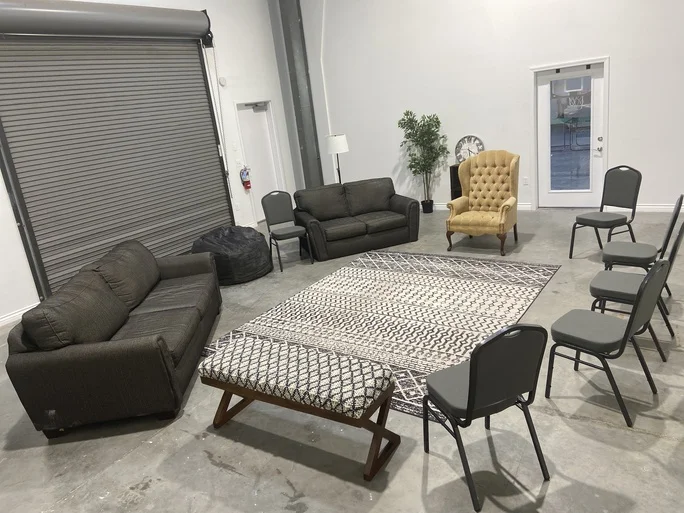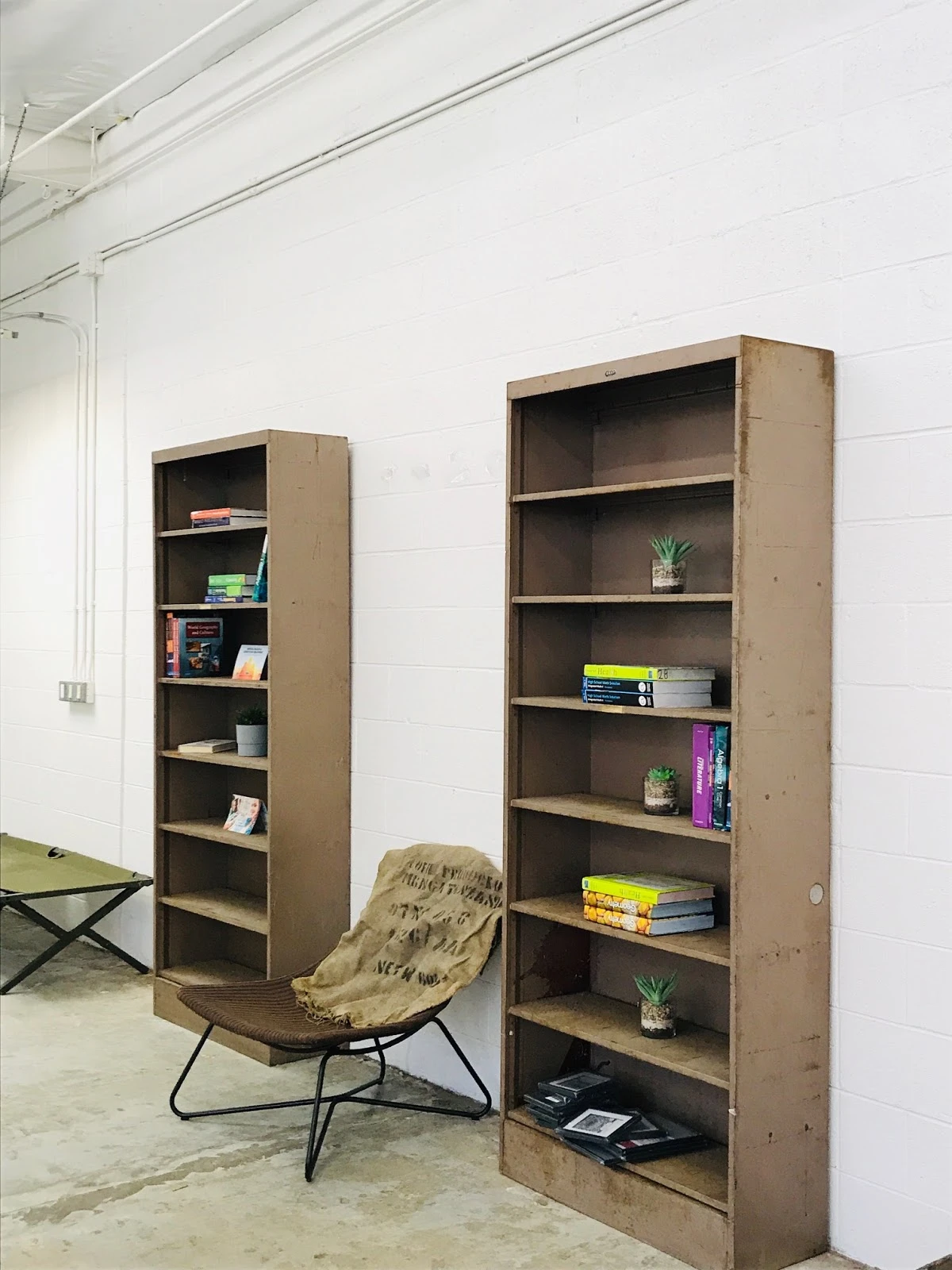Insight Treatment Program for Teens and Families - Modesto Information
Treatment
Who We Treat
- Young Adults (18–25)
- Adolescents
- Children
- Male and Female
Approaches
- Twelve Step
Conditions We Treat
- Anger
Languages
- English
Aftercare
- Intensive Outpatient Program
- Continuing Care
- Support Meetings
Level of Care
- Day Treatment
- Outpatient
Accreditations
-
Commission on Accreditation of Rehabilitation Facilities (CARF)
Established in 1966, the non-profit organization known as the Commission on Accreditation of Rehabilitation Facilities (CARF) has a dedicated focus on accrediting rehabilitation organizations. CARF's primary mission is to assist service providers, particularly rehabilitation facilities, in upholding and promoting the highest standards of care.

Additional Locations
Find the best treatment options. Call our free and confidential helpline today!














